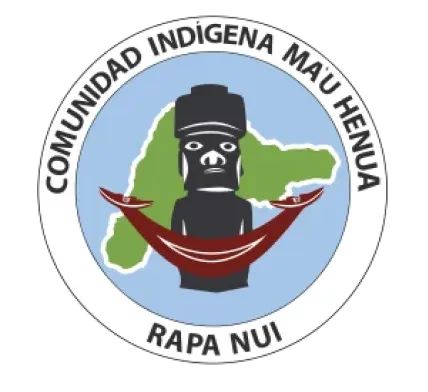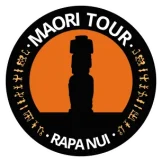National Park
Rapa Nui National Park
Rapa Nui National Park, recognized as a World Heritage Site by UNESCO, is managed by the Ma’u Henua Indigenous Community, an organization founded in 2016 from the legitimate desire of the Rapa Nui people to regain control of their ancestral territory.

Initially, the administration was carried out jointly with CONAF, while conservation and protection capacities were transferred. Finally, on November 23, 2017, the President of Chile, Michelle Bachelet, signed the decree authorizing the official transfer of administration to the Rapa Nui people.
In March 2018, through a concession contract with the State of Chile, the Ma’u Henua Community assumed total administration of the National Park, which covers more than 43% of the island’s territory. Since then, their commitment has been to permanently conserve, protect, and safeguard the biodiversity, natural resources, landscapes, cultural aspects, and archaeological sites of Easter Island.
The Community is made up of a Board of Directors democratically elected by the Rapa Nui people, along with ethics and oversight committees that guarantee legitimate, representative, and sustainable management of the territory.
Our commitment
For the Rapa Nui people, the administration of the National Park is not only a duty, it is an act of identity and cultural sovereignty. It represents the care of our own park and our Ono Tupuna: the archaeological and ancestral wealth that connects us with our origins. For this reason, each visitor who travels through these spaces under our rules collaborates in the protection of a unique heritage in the world, ensuring that future generations inherit the cultural and natural treasures of Rapa Nui intact.
Entrance tickets to the Rapa Nui National Park
National
- Children (7–12 years): $20,000 CLP
- Adults (13+): $40,000 CLP
International
- Children (7–12 years): $50 USD
- Adults (13+): $100 USD
Children under 7 years: free admission.
Validity: 10 days from the first entry control.
The resources obtained from the ticket are directly reinvested in the island: 60% for protection, 20% for preservation, and 20% for the conservation of cultural and natural heritage.
Fundamental requirements
All visitors must have their entrance ticket and carry their personal document (passport or RUT).
The visit must be made accompanied by an accredited guide or belonging to the Rapa Nui ethnic group.
Park Regulations
- Respect the signposted perimeters and stay on authorized trails.
- Do not touch or climb on the archaeological remains.
- Do not litter (use the containers in Hanga Roa).
- Prohibited: use of drones, camping, lighting fires, smoking, drinking alcohol, or entering under its effects.
- Do not enter with pets or make graffiti or scratches.
- Filming and photography for commercial purposes require authorization from the Ma’u Henua Community. • Bicycles only on authorized roads.
